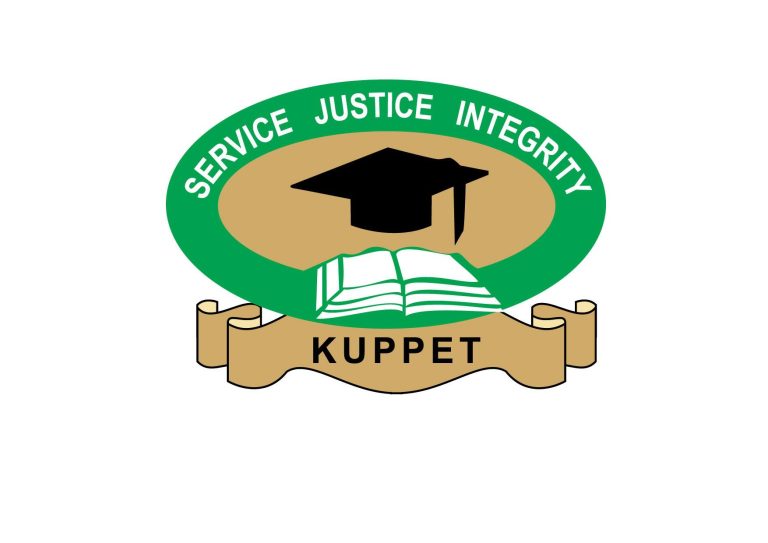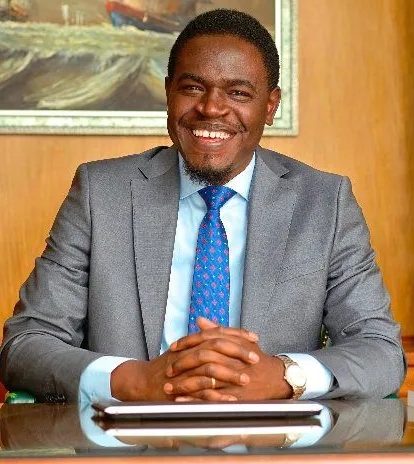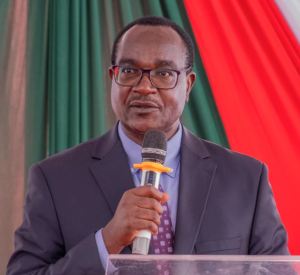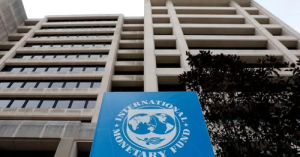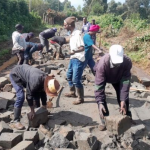Teachers in the Coast region who work in post-primary schools have been encouraged to start side businesses to avoid depending entirely on their salaries and loans.
By having additional sources of income, they can achieve financial stability and reduce the risk of struggling with money problems in the future.
During a financial literacy meeting in Malindi town, experts warned teachers about the dangers of relying solely on their shrinking paychecks.

They especially advised them not to take large loans to build houses, as this would lead to years of salary deductions, making it difficult to manage daily expenses.
High Cost of Living and Financial Struggles
Prominent Malindi businessman Dr. Alfred Agunga emphasized that the cost of living has risen significantly.
He cautioned that teachers who depend only on their salaries could end up facing financial hardships, particularly after retirement.
He pointed out that teachers, like many government employees, face heavy taxation, making it even harder for them to save and invest.
To address this challenge, Dr. Agunga urged teachers to develop a habit of saving and consider investing in businesses such as importing goods or purchasing treasury bonds.
He explained that these alternatives would provide better financial security compared to borrowing large sums to construct homes.
The Importance of Smart Financial Decisions
“Why should you take a loan of Ksh.2 million just to build a house, only to escape paying Ksh.15,000 in monthly rent? Instead, you could save that money in a Sacco and earn interest,” he advised.
He further noted that many teachers struggle financially due to poor money management and unnecessary expenses.
He mentioned that some teachers prioritize buying the latest mobile phones, keeping up with fashion trends, or spending too much on alcohol instead of making wise investments.
Agriculture as a Reliable Source of Income
To help teachers secure their financial future, Dr. Agunga strongly encouraged them to explore farming as part of the side hustle.
He described agriculture as one of the most promising and sustainable business ventures available today. According to him, many people are now turning to farming because it guarantees steady returns.
“Right now, agriculture is the most reliable business. If you invest in it, you will see results,” he assured them.
He further, expressed concern that many teachers suffer financially because of poor decision-making.
He explained that bad financial choices often push them into poverty after retirement, making it difficult for them to enjoy a comfortable life in their later years.
Addressing Financial Challenges Among Teachers
Meanwhile, Omollo Koppolo, the Secretary General of KUPPET in Kilifi County, and his counterpart from Tana River, Omondi Oluoch, explained why they organized the financial literacy meeting.
They revealed that they partnered with Malindi MP Amina Mnyazi after realizing that many teachers, especially younger ones, were struggling financially despite having access to loans.
“Every time a young teacher tries to improve their financial situation, they face setbacks that push them down again. That is why we decided to hold this session—to give them a chance to learn from people who have succeeded in managing their money wisely,” said Oluoch.
Leaders Speak Out Against Economic Challenges
Speaking at the event, Malindi MP Amina Mnyazi assured teachers that leaders would continue to advocate for their welfare.
Read also Relieve for University students as HELB disburses 1.56 Billion
She made it clear that even though she belongs to the broad-based government, she would not stay silent if things were not going right.
“We are part of this government, but we will not hesitate to speak out when our people are burdened with high taxes and low salaries. When teachers complain about more deductions in their payslips, we will call out the government,” she declared.
Criticism of the Education System
During the same event, Embakasi East MP Babu Owino addressed the teachers and strongly criticized President William Ruto’s handling of the education system.

He expressed particular concern over the proposal to make Mathematics an optional subject, arguing that it would weaken the quality of education.
“Competency-Based Curriculum (CBC) is now focusing on physical growth rather than mental development. It has become a system where a student can drop out of school yet still be considered a student. CBC has failed, and it should be scrapped. While it may be a good curriculum in other countries, it is not suitable for Kenya,” said Babu Owino.



